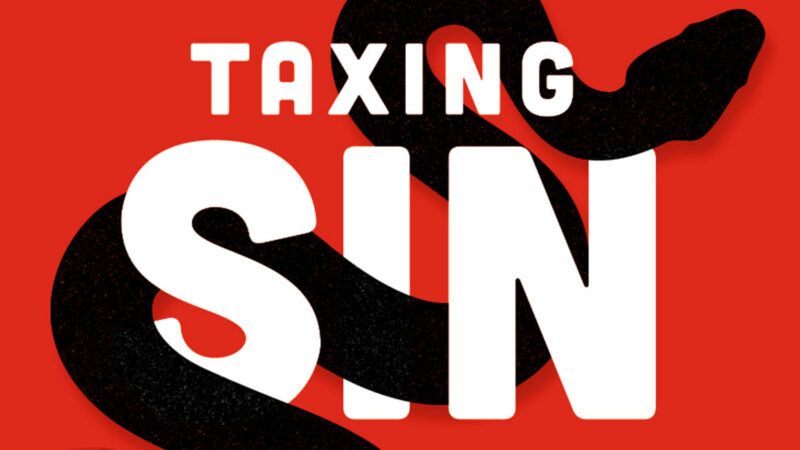Taxing Sin

Sin taxes allow politicians to condemn certain activities while simultaneously profiting from them. As Michael Thom shows in Taxing Sin, that's just one of the puzzles these levies pose.
A popular justification for taxing alcohol, tobacco, and soda is that it forces consumers to internalize costs they would otherwise impose on others. But that social burden supposedly includes "lost productivity," a cost consumers already bear. And while sin taxers emphasize the life-shortening impact of the choices they target, their balance sheets usually ignore the resulting savings from reduced public spending on Social Security and old-age health care.
They are also unfazed by the fact that sin taxes tend to overdeter moderate consumers while underdeterring heavy consumers, who are responsible for the lion's share of social costs. These taxes are not just poorly targeted but also notoriously regressive, hurting most the poor and vulnerable people whom politicians claim to be helping.
Thom, who teaches public policy at the University of Southern California, suggests sin taxes can be understood as the secularized sale of indulgences. Yet that expiation is illusory, since the government continues to nag and shame people for making the wrong choices even after they have paid for the privilege.


Show Comments (7)